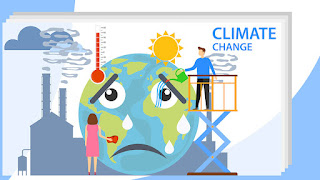In a civilised society, academic scientists are granted a special epistemic authority. They deserve to be listened to, their claims believed, and their recommendations considered seriously. This is because what they say about their subject of expertise is more likely to be true than what anyone else has to say about it.
Unfortunately, some academics believe they have a right - or even a duty - to exploit this privileged status as a resource for influencing society to do what they think best. They lead organisations and political movements to campaign systematically for specific laws, policies, and political candidates. They join governments. They tell their students who to vote for and help them organise protest marches. They launch lawsuits and organise boycotts of companies and countries they disapprove of. Here are some high profile academic activists you might have heard of Catharine MacKinnon, Richard Dawkins, Jordan Peterson, Cornell West, Peter Navarro.
My argument is that activism is something different from merely communicating what you know about a pressing topic to the public or even advocating for specific policies that follow from that expertise. Those are right and proper things for academics to do. Activism goes further and crosses a line that separates virtue from vice. It is not only unethical in itself, but is also antithetical to objective empirical research, public trust in academia, and even the functioning of activist organisations. Because academic activism short-circuits the usual quality control systems, even if it succeeds in achieving its aims it is a matter of luck whether or not society benefits. But because of how it works it certainly degrades democracy.





